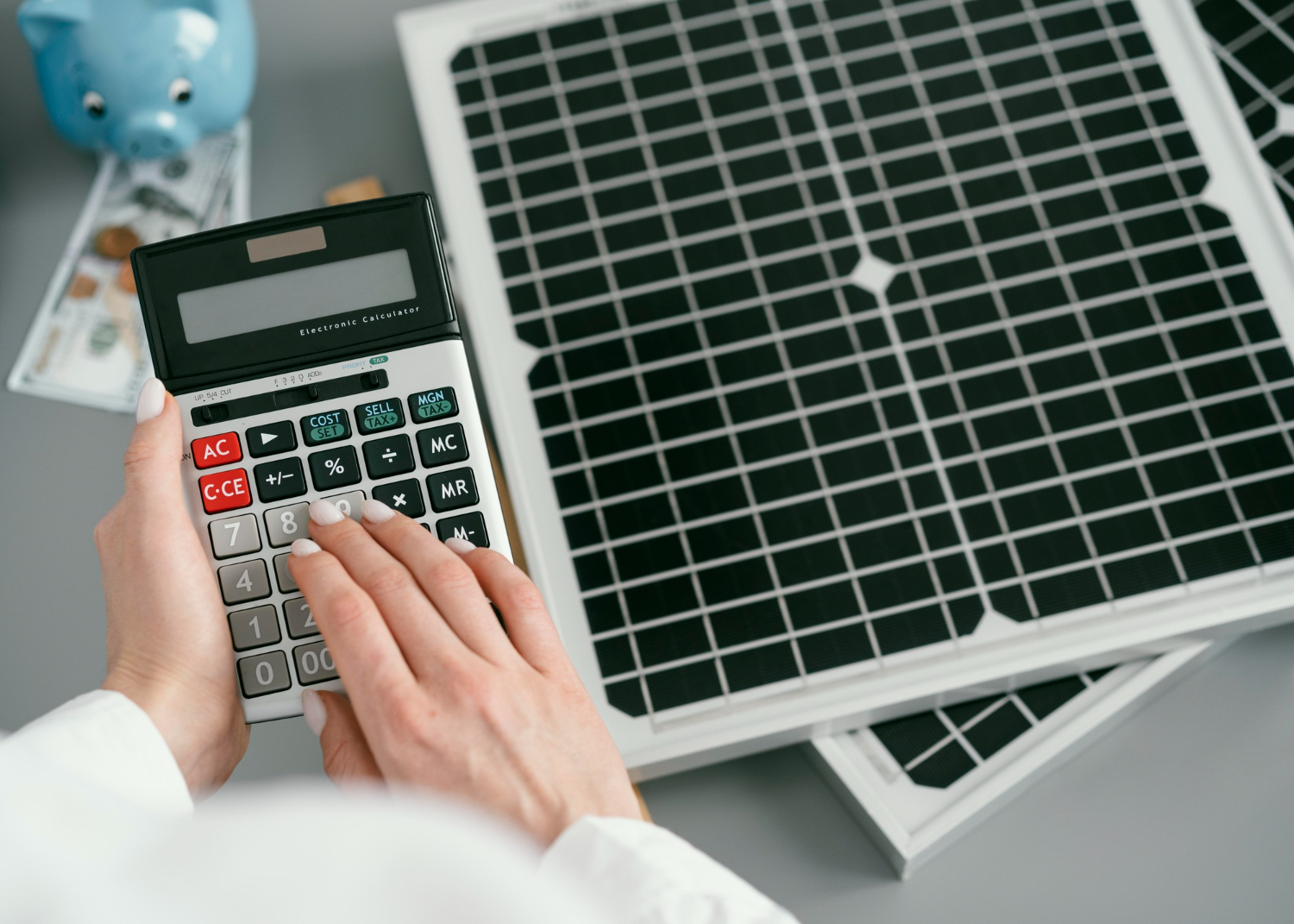Solar power has become an increasingly popular and sustainable energy solution for homeowners. Not only does it help reduce carbon footprints, but it also offers long-term savings on energy bills. However, getting the best price for solar power for your home requires careful planning, research, and consideration of various factors. In this comprehensive guide, we will explore the key steps and strategies to help you secure the most cost-effective solar power solution for your household.
- Assess Your Energy Needs
Before diving into the world of solar power, it’s crucial to assess your energy consumption and needs accurately. Review your past energy bills and determine your average monthly or yearly electricity usage. This assessment will serve as the foundation for sizing your solar power system appropriately. Oversized or undersized systems can lead to inefficient energy generation and cost overruns.
- Understand Solar Incentives and Rebates
Solar incentives and rebates can significantly impact the overall cost of your solar installation. Research federal, state, and local incentives and tax credits available in your area. These incentives can include the Federal Solar Investment Tax Credit (ITC), state-specific rebates, and net metering programs. By taking advantage of these opportunities, you can substantially reduce your upfront costs.
- Get Multiple Quotes
When seeking solar installation services, it’s essential to get multiple quotes from reputable solar companies. This not only helps you compare prices but also provides insight into the quality of service and equipment offered. Request detailed quotes that include the cost of solar panels, inverters, installation labor, and any additional fees. Make sure to inquire about warranties and maintenance plans as well.
- Choose the Right Type of Solar Panels
Solar panels come in various types and efficiencies. Mono-crystalline, poly-crystalline, and thin-film are common panel types. Each has its advantages and price points. While mono-crystalline panels tend to be more efficient and durable, poly-crystalline and thin-film panels can be more cost-effective. Carefully evaluate your budget and desired energy output to select the right panel type for your needs.
- Consider Lease or Purchase Options
You can acquire solar panels through either purchase or lease agreements. When you purchase solar panels, you own the system and can benefit from long-term savings. On the other hand, leasing allows you to avoid upfront costs but typically offers lower overall savings. Consider your financial situation, long-term goals, and desire for ownership before choosing the right option.
- Evaluate Financing Options
If purchasing solar panels upfront isn’t financially viable, explore financing options. Many financial institutions offer solar loans with favorable terms. Solar loans allow you to make affordable monthly payments while enjoying the benefits of solar energy immediately. Compare interest rates, loan terms, and repayment schedules to find the best financing option for your budget.
- Optimize Your Roof’s Suitability
The orientation and condition of your roof play a significant role in solar panel efficiency. Ensure that your roof receives adequate sunlight throughout the day and doesn’t have shading from nearby trees or buildings. Additionally, assess the condition of your roof and make any necessary repairs or replacements before installing solar panels to avoid potential issues down the road.
- Consider Energy Storage
Energy storage systems, such as batteries, can further enhance the value of your solar power installation. These systems allow you to store excess energy generated during the day for use during the night or during power outages. While adding energy storage increases upfront costs, it can provide energy independence and resilience in the long run.
- Negotiate the Installation Contract
When you’ve chosen a solar installer, carefully review the installation contract. Ensure it includes all agreed-upon terms, such as project timeline, equipment specifications, warranties, and maintenance services. If necessary, negotiate contract terms to align with your preferences and budget.
- Monitor System Performance
After your solar power system is installed, consistently monitor its performance to ensure it meets expectations. Track energy production and compare it to the projected output provided by your installer. Any significant deviations may require maintenance or adjustments to optimize system efficiency.
- Maintenance and Warranty
Regular maintenance is essential to keep your solar power system functioning optimally. While solar panels are generally low-maintenance, occasional cleaning and inspection are necessary. Ensure your installer offers a warranty and maintenance plan to address any issues that may arise during the system’s lifespan.
- Join a Solar Cooperative or Group
Consider joining a solar cooperative or group in your community. These organizations leverage collective purchasing power to negotiate better prices with solar installers. Being part of a group can help you access discounted rates and favorable terms, making solar power more affordable.
Conclusion
Securing the best price for solar power for your home is achievable with careful planning and consideration of the factors mentioned above. By assessing your energy needs, understanding incentives, and obtaining multiple quotes, you can make informed decisions about the type of solar panels, financing options, and installation contracts that align with your budget and goals. Solar power not only benefits your wallet but also contributes to a greener and more sustainable future. Make the transition to solar energy wisely, and you’ll enjoy the long-term rewards of reduced energy bills and a reduced environmental footprint.





